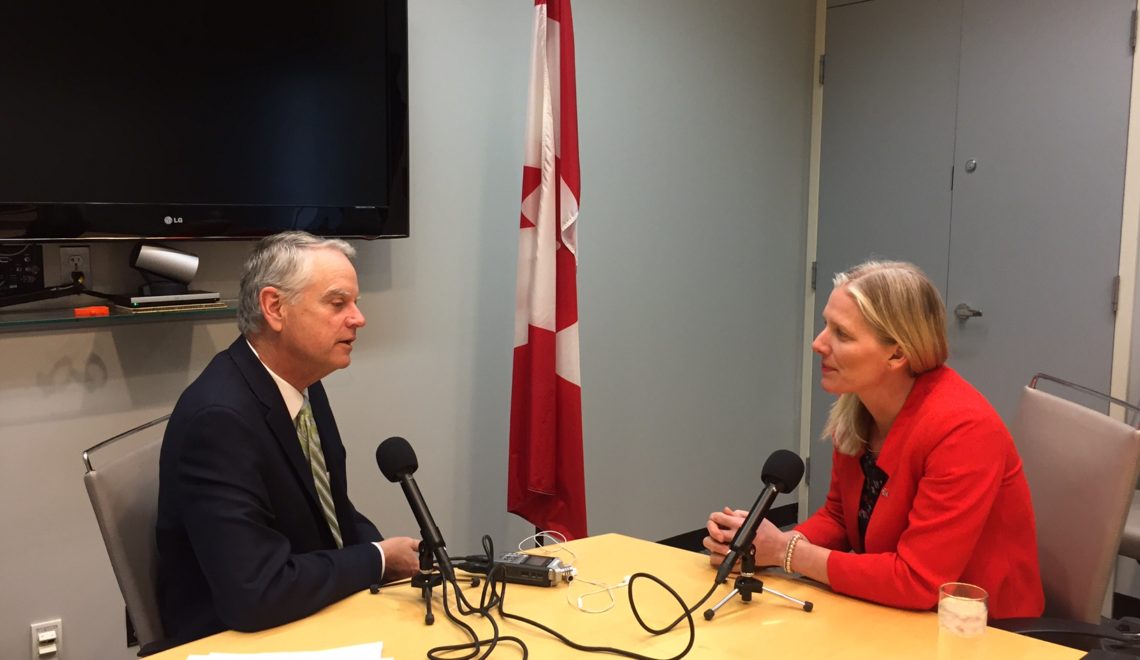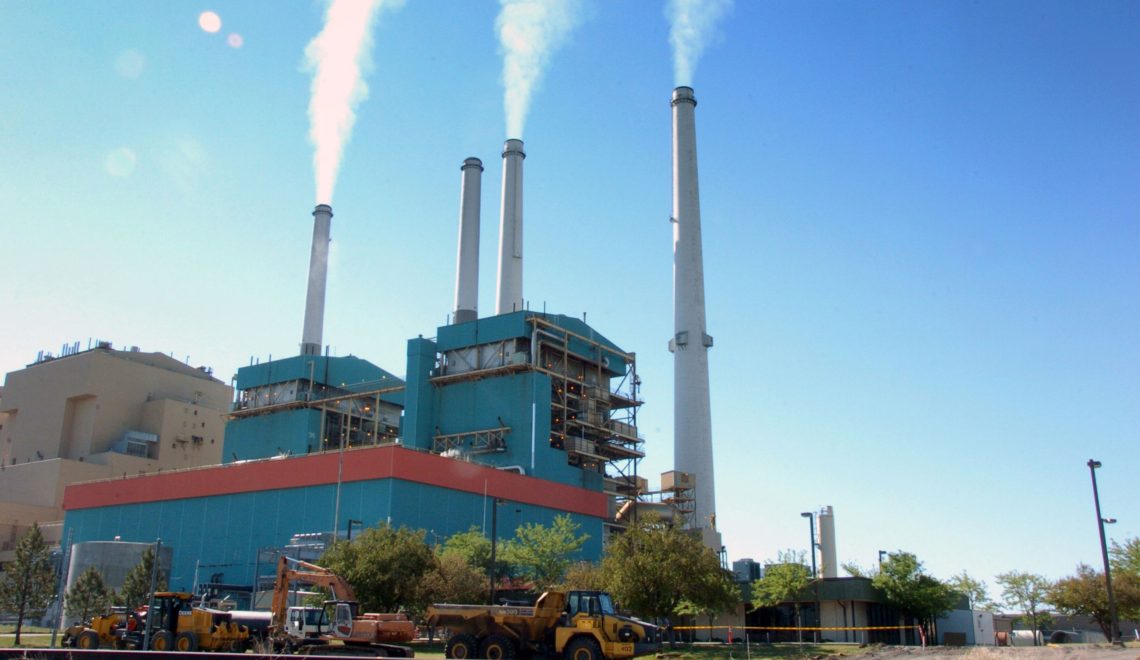Energy Journalists Take Deep Dive to Learn More
The second Columbia Energy Journalism Initiative took place in New York in June with 20 up-and-coming energy journalists from the U.S. and five other countries. Among the media outlets represented were Argus, Bloomberg, Congressional Quarterly/Roll Call, E&E News, Financial Times, Greentech Media, Quartz, S&P Global, Thomson Reuters and the Washington Examiner. I’m pleased to direct this innovative program at the Columbia University Center on Global Energy Policy, where reporters can take time off the beat to learn more about markets, policy, science and other topics associated with today’s energy and environmental issues. It’s a rare opportunity for journalists in today’s fast-paced world of reporting. Thanks to CGEP Founding Director Jason Bordoff for hosting this innovative program and to the Alfred P. Sloan Foundation and CGEP Advisory Board Members Jim Rogers and Reid Hoffman for their generous financial support. It’s a…
Continue reading












